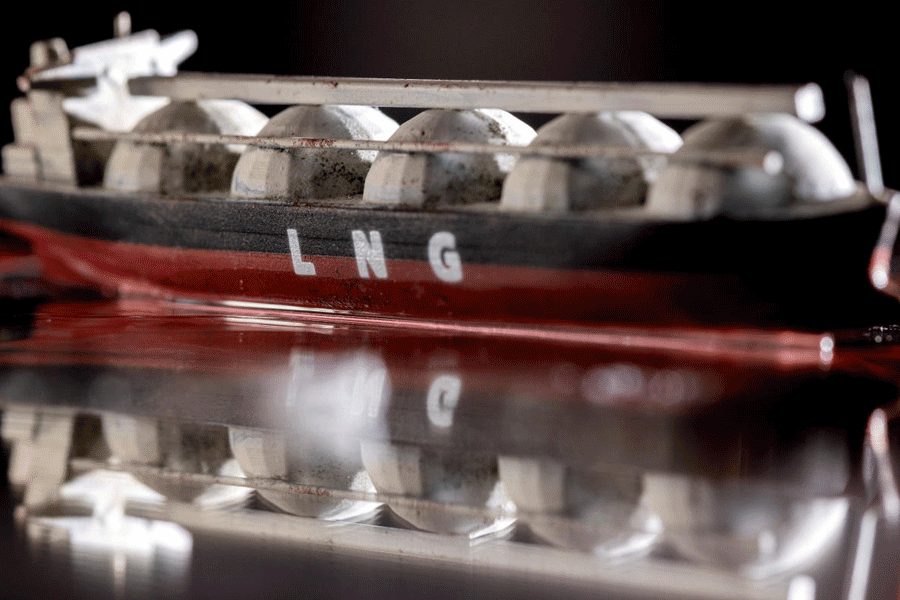 |
Case I: For the past two decades, Bhanu Deka Bordoloi has been earning her livelihood by selling illicit liquor at Sonapur. She tried to justify the act by saying that left with no proper job and a daughter to support, it had become very difficult for her to earn her livelihood and hence she started brewing and selling illicit country liquor.
A former national-level handball player, Bhanu represented Assam in the 1995 National Games. She has also won many gold medals in state-level championships. Today, in the eyes of police and public, Bhanu is a criminal and anti-social.
Case II: Hira Deka, a mother of two residing near Noonmati railway track, was often beaten up by her husband after he had had a drink or two.. After his untimely death last year, Hira has been struggling for survival. She is now afraid that her eight-year-old son may also follow in his father’s footsteps, as illicit liquor is still brewed and sold in the locality.
 |
| Areas along the railway tracks are known to be hooch dens |
Case III: Women activists of Uzan Bazar last year went on a rampage after the administration failed to crack down on illicit liquor dens. They destroyed illicit liquor and beat up some of those involved in the practice. They also handed over a few of them to the local police. They said sale of illicit liquor has polluted society.
Dec. 13: The above three instances show how the city is under the grip of illicit liquor sale and its adverse effects.
“With the city registering a very fast growth rate, rise in the number of floating population and slum dwellings and encroachment along the railway track, Guwahati is badly exposed to the menace of brewing and sale of illicit liquor. This is evident from a conservative estimate provided by the excise department that 200 illicit liquor dens and over one lakh litres of liquor were destroyed in the past month. More than 80 people were also arrested,” an excise official said.
He said the excise sleuths are ill equipped to tackle the menace. Lack of manpower and vehicles and various other problems have badly affected the effective functioning of the excise department, Kamrup division.
“With only 20 inspectors, the department’s of Kamrup division has to look after both Kamrup metro and rural districts. They will also have to inspect the bottling plants of Indian Made Foreign Liquor.
“There is no official vehicle and the officers have to hire vehicles whenever they have to conduct raids,” a source said.
Soon after the last year’s Tezpur hooch tragedy that claimed 16 lives, the department had decided to set up mobile squads and revive the district task force to carry out the drive against illicit liquor in the city more effectively. The then commissioner of excise, L. Phangcho, had sent the proposal to Dispur.
“The proposal has been rejected on the grounds of financial constraints,” an official said.
“The business of illicit liquor is deep-rooted. Mere crackdowns once in a while would not help. In some areas, like those situated along the railway track, hills and slums, illicit liquor dens come up overnight after the crackdown. Constant efforts, monitoring and creating social awareness can only root out this evil,” an excise inspector said.










